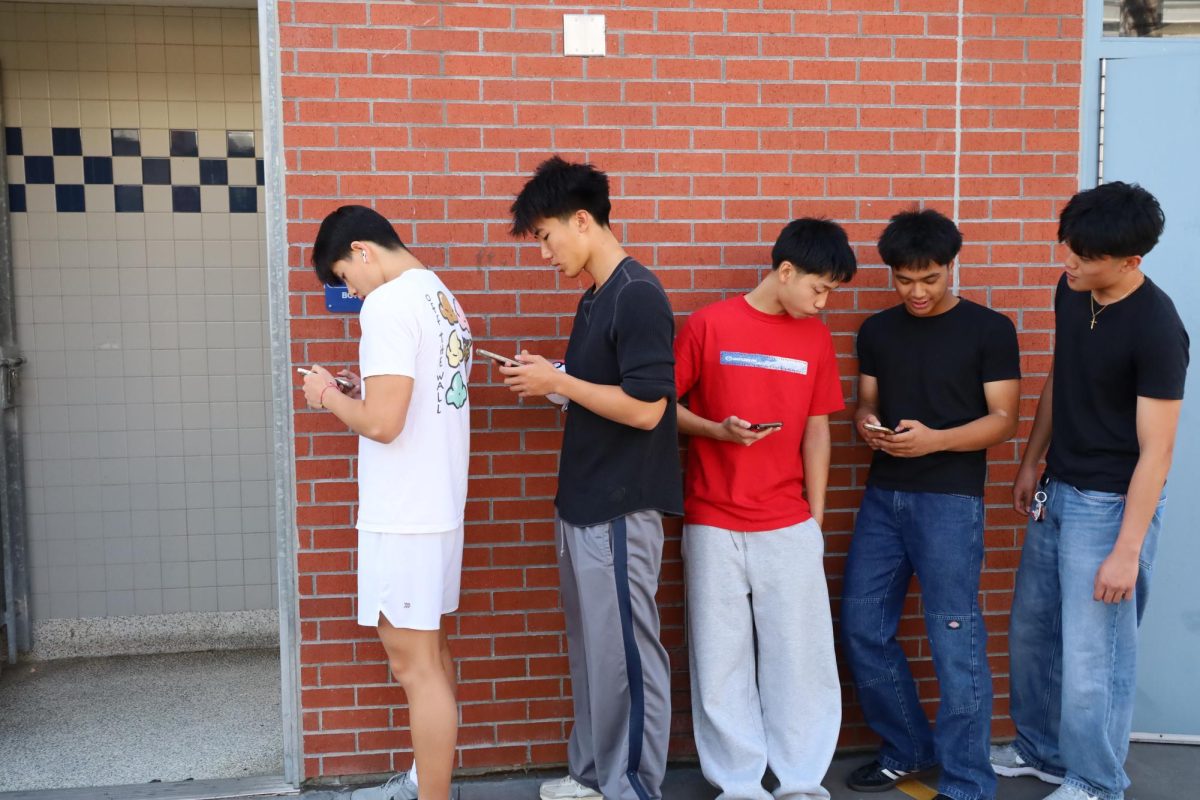Although the legal age to gamble in the United States is either 18 or 21, teenagers are finding ways to gamble on online apps and websites. The allure of easy money and an overestimation of sports knowledge draw many young minds into a dangerous cycle of addiction.
The accessibility of online sports gambling platforms has allowed teenagers to participate in gambling in just a few clicks. When signing up for online sports betting apps, platforms require users to complete multiple steps, such as age confirmation and identity checks. For example, platforms for sports betting such as Sleeper require the driver’s license of an adult for the user to start betting. However, teenagers can easily bypass restrictions by using their parents’ information.
In 2018, the Supreme Court case of Murphy v. National Collegiate Athletic Association opened the door to legal sports betting, allowing states to establish their own sports gambling laws. Prior to the case, the Professional and Amateur Sports Protection Act of 1992 prohibited sports betting regardless of state authorization excluding Nevada, as some areas of the state are viewed as Indian reservations.
High schoolers are often unaware of the risks associated with participating in gambling at such a young age. According to Algamus Recovery Services, gambling can lead to severe consequences such as academic, financial and mental health issues such as anxiety disorders or major depressive episodes. Furthermore, children introduced to gambling by age 12 are four times more likely to develop a gambling addiction later in life.
We at The Hoofprint believe that banning virtual forms of gambling is avoidant of the root of the issue. Online sports gambling specifically should be banned as age verification processes are too easily bypassable by adolescents. This way, teeangers only have the option to in-person gambling, which is heavily restricted to underage individuals.
The urge to gamble is associated with various reasons, such as the illusion to win free money or to fit into a social circle. Adolescents may also be exposed to advertisements that promote gambling, some even offering cash if a user downloads their app. Sports betting is often glorified in social media content, as individuals post their earnings or discuss how betting has generated income for them. This facilitates normalcy in gambling behaviors among high school students and acts as a gateway for a gambling addiction.
The National Council on Problem Gambling cited that 60-80% of high schoolers in 2023 claimed to have gambled in the past year and 14-19% fit the criteria of having a “gambling problem.”
Thus, legislators must address the gambling issue that plagues the younger generation across the country. By outlawing digital betting, students are able to distance themselves from harmful habits and organically develop awareness and proper decision-making during their adolescence.






